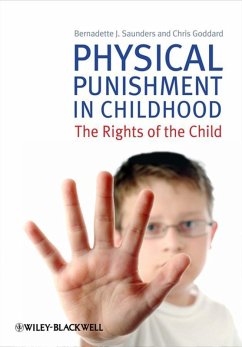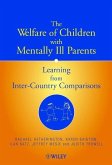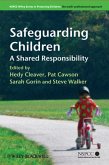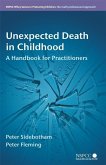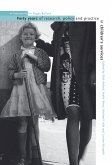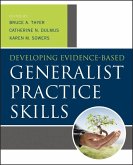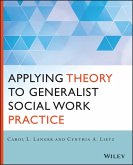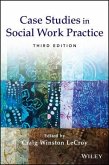Dieser Download kann aus rechtlichen Gründen nur mit Rechnungsadresse in A, B, BG, CY, CZ, D, DK, EW, E, FIN, F, GR, HR, H, IRL, I, LT, L, LR, M, NL, PL, P, R, S, SLO, SK ausgeliefert werden.
"It provides a very good summary of the history, language, impactand legal responses to physical punishment of children in Swedenand various English-speaking countries, with particular attentionto Australia, the authors' country of residence. The strength andreal contribution of the book lies, however, in the presentation ofthe views of children-voices that are generally not heard in thedebate about this contentious issue though they are the ones whobear the brunt of this form of punishment. In this book, they aregiven equal standing with those of the adults-the parents and theprofessionals." (Child Abuse Review, 2010)"How refreshing to see this topic thoughtfully discussed from thechild's point of view. Using the voices of children, parentsand professionals Bernadette Saunders and Chris Goddard demonstratethat children have a right to live in environments where they areloved, nurtured and valued rather than in an environment wheretheir development is overshadowed by the fear of physicalpunishment. An important book."
--Kim Oates, MD DSc, FRCP FRACP, EmeritusProfessor, University of Sydney
"This is an excellent comprehensive account, not only of theissues relating to physical punishment, but of the views andfeelings of parents and children about it. It should be compulsoryreading for those who are concerned with overcoming this problembecause of the insights it gives into the motivation of parents andothers who continue to use physical punishment of children.Importantly it stresses the need for education and support andconfirms my view that any legal solution should be seen as part ofthat education process."
--The Hon Alastair Nicholson AO RFD QC, Former ChiefJustice, Family Court of Australia; Chair, National Centre AgainstBullying (Australia); Patron of EPOCH, Tasmania; HonoraryProfessorial Fellow, University of Melbourne

